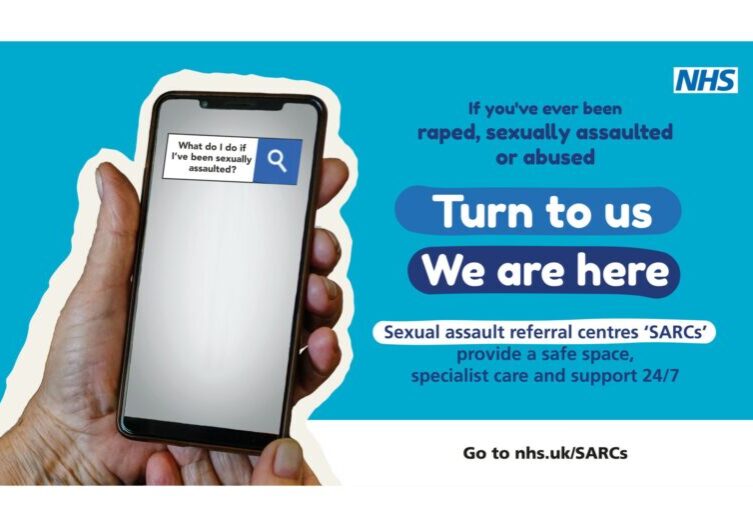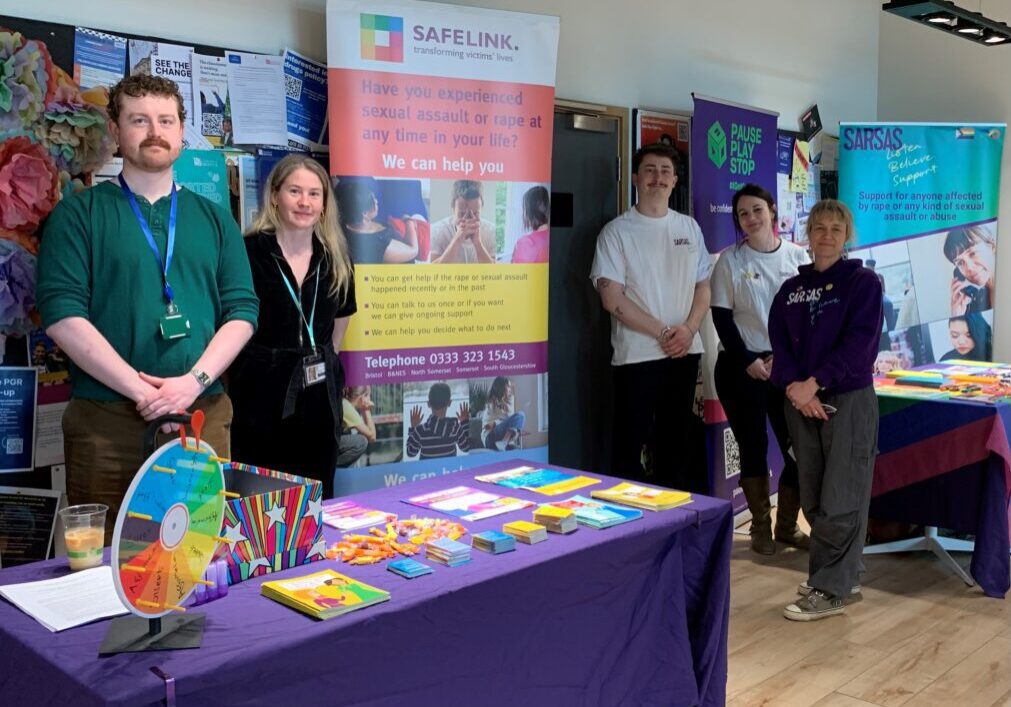
How you can help
The most important and simple thing you can do to help a victim-survivor is to listen and believe.
Things to do and consider
- Believe what they tell you. Victim-survivors very rarely lie about sexual violence, but often fear people won’t believe them. If they sense disbelief, they might not tell anyone again.
- Traumatic events can sometimes cause memory problems. If they seem to contradict themselves or add new facts, this doesn’t mean they’re making the whole thing up. It could be the brain processing fragments of memory.
- Give them your unconditional support. If, in your opinion, they are not taking the best care of themselves, or making the ‘right’ decisions, such as about reporting, do not judge them. Everyone reacts in their own way.
- A lot of victim-survivors blame themselves for what was done to them. It’s normal after something traumatic to think “If only I hadn’t…” so remind them that you don’t think that’s true, but bear in mind that arguing probably won’t persuade them.
- If they feel guilty about not putting up a fight, affirm the fact that they used their survival skills to stay alive, and that compliance is not consent. Most do not put up a fight in order to survive and minimise further harm.
- Let them say what they need to say in their own time, in their own words.
- If they face difficult decisions, help them to make their own choices by exploring options with them.
- Treat all of their feelings as equally serious.
- Dealing with the effects of sexual violence is ultimately something a victim-survivor does for themselves. Victim-survivors are experts in their own healing, so encourage and empower them to help themselves.
Remember, you are not a miracle-worker. The best you can do is let them know that you care about them and will be there if they want to talk.
What not to say
With compassion and understanding of the issues around sexual violence, it’s unlikely you’ll say harmful things.
However, here are some traps that people sometimes fall into:
- Never doubt what someone tells you about their experiences. It may be very difficult to believe that such a terrible thing has been done, especially if you know the perpetrator, but the truth is that people rarely lie about sexual violence.
- Never judge them, or imply that it was in any way their fault. For example, saying things like “didn’t you think about leaving?” “why didn’t you tell anyone at the time?” or “if only you’d walked the other way home” imply a judgemental attitude, even if you don’t intend it.
- Never insist that they tell you anything they seem reluctant to disclose, especially details of traumatic events. Give them space to tell you as much or little as they want, in their own time.
- Never take decisions for them, do things on their behalf, or pressure them into agreeing to do something. An important part of dealing with the powerlessness of sexual violence is learning to feel in control again, so try not to do anything which takes control away from them.
- Never trivialise or dismiss their feelings or experiences. It may be easy to compare it to something more terrible, perhaps that someone else has experienced, but saying things like “it could be worse” or “it wasn’t as bad as…” is never helpful. Recognise the pain they’re going through.
- Do not expect them to “get over it” in a certain amount of time. Everyone deals with the effects of sexual violence at their own pace.
- Do not expect them to react in any one way – most people react differently.
- Never break their confidence. If you feel that it is your duty to tell someone because a child is at risk, at the very least discuss this with them before you do.
For more information on some of the common reactions to sexual violence and to understand what’s myth and what’s fact, click here.
- Explore and challenge your own views about sexual violence.
- Appreciate that there is going to be serious disruption in their life, and that this will probably affect you. Take your needs seriously and seek your own support.
- Take every opportunity to remind them that you love them for who they are, and that they are still the person they were before this happened to them. All their reactions are normal reactions to an abnormal situation.
The latest from our news and blogs

What is a sexual assault referral centre (SARC)?
A SARC can offer free, confidential medical, practical and emotional support to people who have been raped, sexually abused or assaulted at any point in their lives. They’re usually provided by the NHS, but will always have specially trained doctors, nurses and support workers.












